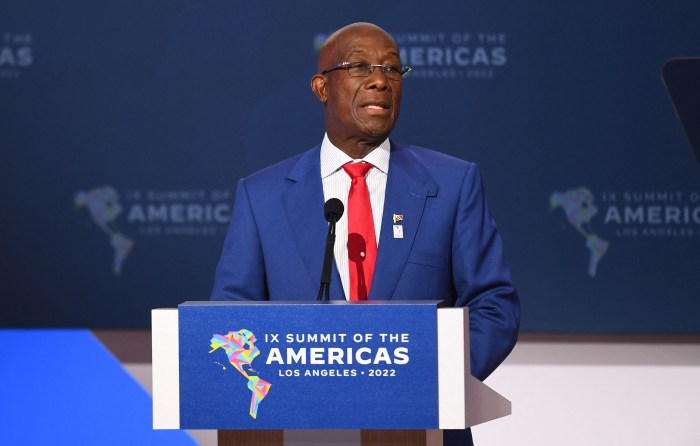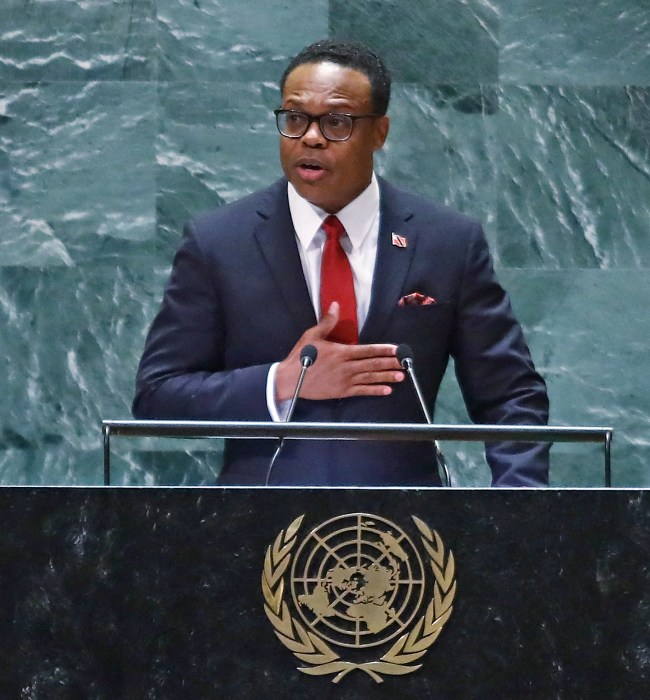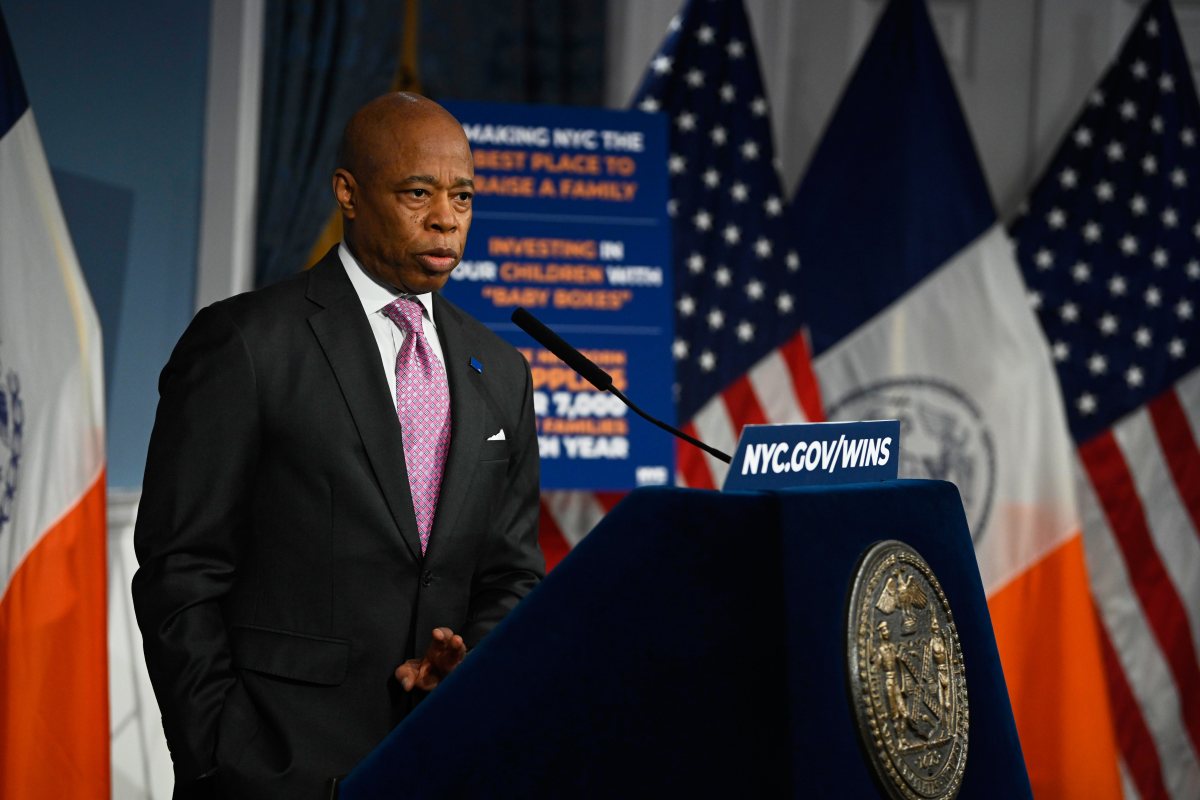Up to quite recently, it looked like former Trinidad and Tobago Prime Minister Patrick Manning was intent on being a central player again in the country’s politics, after having been reduced by illness to an incidental, sideline role for the better part of the current government’s soon-to-expire term. Manning had indicated to the party he once led, the People’s National Movement (PNM), that he was well enough recovered from a debilitating stroke to be screened as a candidate for the parliamentary seat in South Trinidad he has held since 1971. Eventually, though, he did not show up to be screened. He reportedly indicated to the party leadership that his health wasn’t in as good a shape as he thought.
Whether it was, as we’ve been led to believe, the health issue or maybe just plain good sense finally kicking in, Manning’s removal of himself as a full-fledged political combatant was really a no-brainer. He obviously still has a core of bedrock support in his constituency that would just as soon have him stay put till kingdom come. Beyond those confines, however, reality dictated that Manning bow out… for more reasons than one.
Truth be told, hardly was it just the health factor bedeviling Manning’s political arc for a good while now. Holding the record as the longest serving parliamentarian in the country’s history, he clearly has demonstrated an enviable commitment to public service. Manning is known to have been proud of the work he did after first assuming leadership of the PNM. It was in 1986, in wake of the party suffering a 33-3 humiliation at the polls, following 30 unbroken years in government. After what some thought to be the party’s death knell, the Manning-led PNM would be back in the saddle five years later, earning Manning his first prime ministerial term. He would serve again as prime minister from 2001 to 2010, this stint revealing, some would argue, the two sides of the Manning coin and ultimately leading to his political decline.
Whatever else Manning authored developmentally for the country, the legacy of his post-millennium stewardship is predominantly framed by an emphasis on physical transformation, primarily though not exclusively in the capital city, intended to reflect a first-world aesthetic. Genuine source of pride though these new-look enhancements may have been, such glitz, for many, paled in the face of everyday quality-of-life challenges that seemed un-prioritized or ignored. But perhaps an even bigger problem for Manning was a tone deafness that appeared to become more acute as time wore on. Arrogance, in the view of many an observer, had morphed into megalomania by the time Manning led the PNM to another election victory in 2007.
The scuttlebutt about Manning was that he “listens to no one.” Voices from the calypso world, always a useful barometer of popular sentiment, fared no better than elsewhere in the society. In 2009 calypsonian Bally’s “Amigo” urged the prime minister to reconcile with Dr. Keith Rowley who was generally seen as having been fired from the cabinet on specious grounds. That same year calypsonian Tigress was more confrontational in her “You Ain’t See Wajang Yet,” employing in the title the colloquial term Manning had applied to Rowley in the phony excuse offered for dismissing him. Manning simply dug in his heels in out-of-control orbit.
Such was the buildup of public loathing for Manning’s autocratic ways by 2010, he rightly should have stepped down as prime minister. Instead, to everyone’s surprise he curiously called a general election, more than two years before one was due. And his hubris undiminished, he incredulously took to the campaign trail acknowledging for voters that he was aware it was he, not the party, with whom they were angry. That a Manning-led PNM would be rejected by the electorate was apparently a foregone conclusion to everyone but Patrick Manning.
All of which is meant to say that Manning has a lot of ground to cover in propitiatory conduct to even get close to being in the good graces of either his party or the country. In civility one of course extends to the former prime minister best wishes for full recovery from what plagues him. Equally, one would hope that Manning is disposed to retreating from those dastardly qualities that made him, toward the end of his tenure, so intensely disliked. Sadly, we’ve seen even recently, vestiges of the pettiness and vindictive behavior that so readily surfaced during those times of untrammeled lordliness. One keeps hoping it’s a side of the man that permanently recedes.
Manning’s retreat from political trench warfare was a sensible starting point. The long process of redeeming himself would require of him that he demonstrate true acceptance of his new party role. Outward and visible indications of credible support for the party leader as well as others in the fold, and a humbled demeanor toward the people overall, could get him on his way.


























